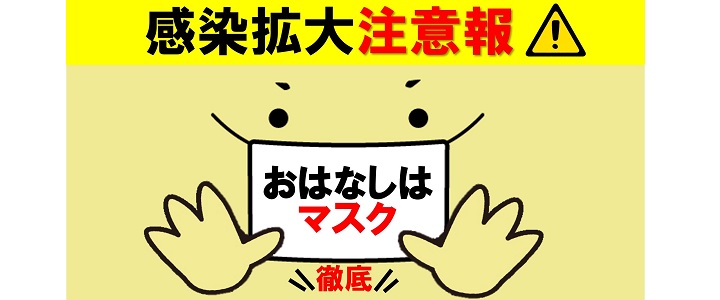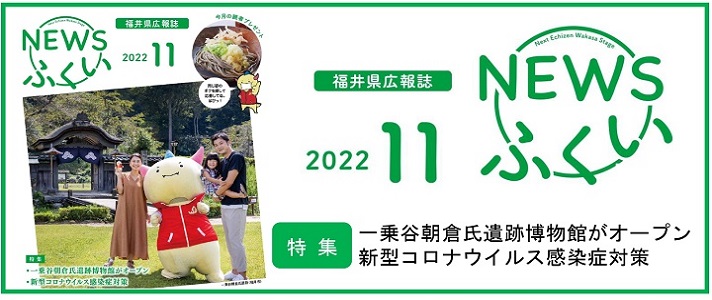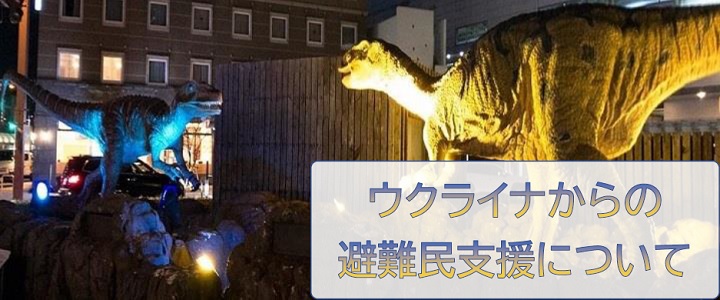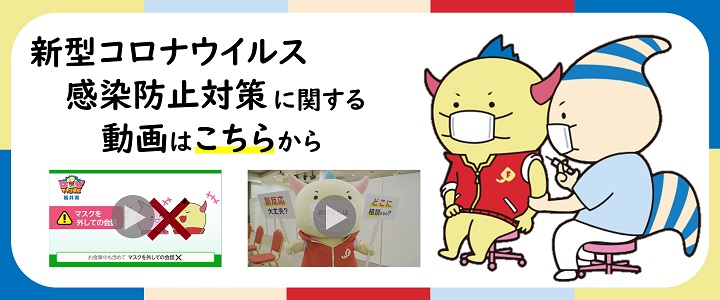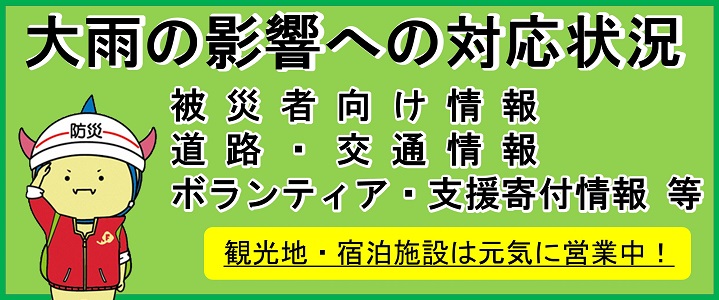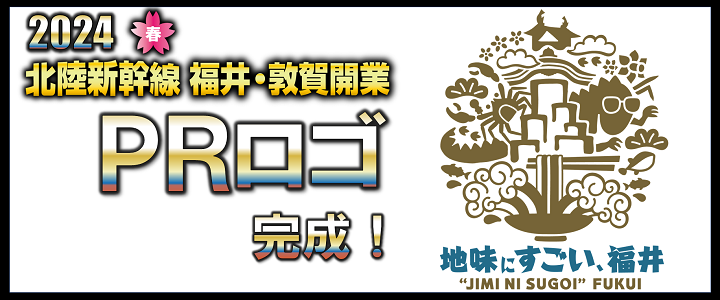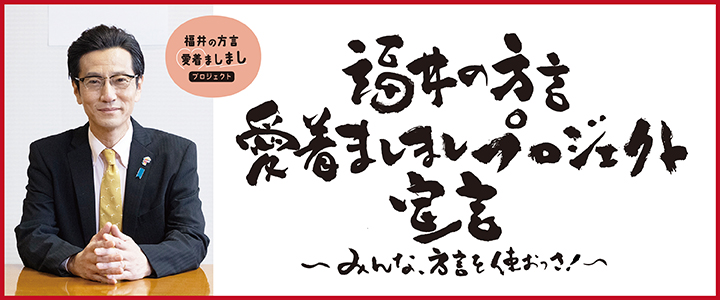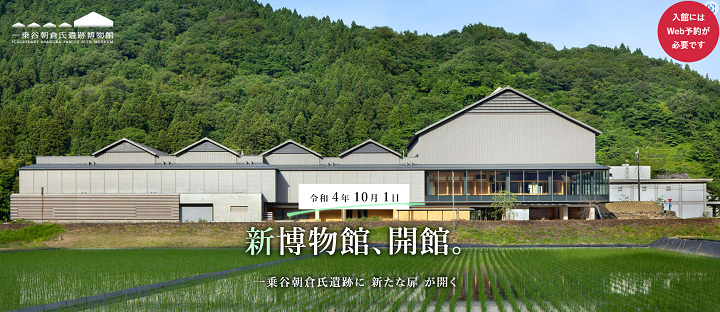Fukui Friendship Ambassador Newsletter 2008 Vol.1
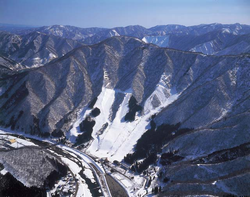 How have you been doing? We had very heavy snow in Fukui starting on New Year's Eve, but it warmed up afterwards and now it's all melted.
How have you been doing? We had very heavy snow in Fukui starting on New Year's Eve, but it warmed up afterwards and now it's all melted.
The season for year-end parties has passed, giving way celebrations of the New Year. This time of year, there are many opportunities to eat and drink too much. The other day, I saw an article in the newspaper about "nanakusa" (seven herbs). Have you heard of it? It's a light rice porridge with seven different herbs. It's apparently eaten on January 7th to help recover from all the heavy eating over the New Year's holiday. Do you have any similar sort of healthy food in your country?
I hope that 2008 will be a wonderful year for all of you. We anxiously look forward to hearing from the Friendship Ambassadors who have not yet sent in a report on their activities!
Fukui and beyond...
- Sales Begin of Michelin Guide Tokyo
- The Michelin Guide, which until now has ranked restaurants and hotels in Europe and the United States, announced that it had set its sights on Asia in 2007. The first Asian city to be selected for a guide was Tokyo, making Japan the 22nd country covered by the guides. The Michelin Guide Tokyo 2008 went on sale in November of 2007.
- Being listed in the guide is an honor for restaurants and also offers the hope of increased clientele. Restaurants are ranked from zero to three stars. One star is particularly tasty, two stars means worth going out of the way to visit, and three stars denote a restaurant where the food is so delicious that it's worth traveling just to eat there. The Tokyo guide has been attracting attention for its eight three star restaurants, 25 two star restaurants, and 117 one star restaurants. A glance at other cities around the world makes the high level of Tokyo's cuisine apparent: Paris has ten three star restaurants, and New York a mere three.
- The manager of the Michelin guide highly praised Tokyo's restaurants, pointing to Japan's rich food culture as the reason for Tokyo's inclusion in the Michelin guide as the first city in Asia.
- 2007 New / Popular Word Awards Presented Food Fraud and Pension Scandal Figure Prominently
- In December, the "2007 New / Popular Word Awards" were presented. While some of the awards were frivolous phrases popularized by personalities, many of the phrases also acted as reminders of last year's big news items. One was "Food Fraud", which coincides with 偽 (gi, fake), the Kanji (Chinese character) of the Year for 2007 as announced by the Society for Testing Japanese Kanji Aptitude. Starting with the discovery in January of bacteria levels above the nationally established limit in food products made by Fujiya, scandals broke out one after another in the food industry in 2007, from the sale of expired products to the falsification of food labels.
- Speaking of scandals, another popular phrase was "(Disappearing) Pensions". Tens of millions of pension accounts have still not been matched to their rightful holders, and Social Security Offices are still being overwhelmed with visits by people checking on whether their own pension accounts are in order or not.
- A popular phrase that calls environmental issues to mind is "Extremely Hot Day". In response to an increase in the number of days over 35 degrees Celsius, the Japan Meteorological Agency amended its forecast terminology, and in April of 2007, it created the term "Extremely Hot Day" to refer to days over 35 degrees, one rank above "Hot Summer Day", a day over 30 degrees.
- Fukui Products Listed on Marui's Online Store
- Marui, a major department store with outlets in the Kansai and Kanto areas, has launched a project called "Cool Japan". To transmit Japanese culture abroad, it opened an online store aimed at the world market in December of 2007. Among the featured products are some made in Fukui. Currently, 48 products from the following four companies are listed:
- ・Hiranoi (Wakasa Lacquered Chopsticks)
- ・Hacoa (wood crafts)
- ・Wa-araiya (kimonos)
- ・Yamakyu Japanware (lacquer)
- Click here to take a look at the online store.
- Fukui City's Yōkōkan Garden Places 7th in 2007 Japanese Garden Ranking
- The Yōkōkan Garden and Residence, designated as a national spot of scenic beauty, placed 7th in the 2007 Japanese Garden Ranking published by the Journal of Japanese Gardening, an American specialty magazine. The garden won high praise for the beautiful harmony between its pond and building, the garden's superb construction, and its accessibility, as it does not require a reservation to visit. A representative from the Fukui City History Museum commented that "we hope the ranking will both increase awareness among foreigners and also lead local residents to a renewed appreciation of the garden."
- The Journal of Japanese Gardening, a bimonthly publication, was founded in 1997 and began publishing its ranking of gardens in 2003. The 2007 version ranked 755 gardens according to their beauty, space for spending quality time, harmony between garden and buildings, and other factors. The ranking is unique in that it does not consider factors such as historical importance, name recognition, or size.
- As it entered in to the top ten for the first time, the Yōkōkan Garden was introduced as a "rising star". It started out as a separate residence for the Matsudaira Family of the Fukui Domain, and during the Edo Period it became a circuit-style garden and residence called the "Osensui Yashiki". While it burned to the ground during the air raids on Fukui City, it was designated as a national spot of scenic beauty in 1982, leading to its reconstruction.
Hello from Fukui!
- Do you like incense? Here's a story about the monkō ceremony I attended.
By Benjamin Willey
You probably think of incense as something people burn at the entrance to their homes, or in temples. The other day, though, I had a unique incense experience. After being introduced by a colleague, I was able to attend a monkō ceremony. Monkō, a ceremony to enjoy incense, is an element of kōdō, or "The Way of Incense". The characters literally mean "listen to incense", but of course I used my nose, not my ears. It boasts a 500 year long history and is imbued with the spirit of Zen.
At first, I felt very out of place at the ceremony, as I know nothing about monkō or kōdō. Unfamiliar with the special instruments, words, and phrases, I was afraid I would say something that would offend people. However, I was comforted by how kind the incense master was, and as the ceremony proceeded, I found that I felt more and more relaxed. To my surprise, concentrating on the smell of incense in a quiet room had a soothing, healing sort of effect.
I was expecting clouds of incense, but only a tiny amount of smoke arose from the teacup sized incense burner. The way to smell the incense is to take the burner in one's right hand and place it atop one's left palm, rotating it counterclockwise twice. One then covers the burner with one's right hand, bringing it close to one's nose to inhale. I was reminded of the tea ceremony when I saw these movements, but personally I found the incense easier to swallow than bitter tea.
Just smelling the incense would have been fun, but at a monkō ceremony a little game called kumikō is played. Three or four incense burners are passed around. After smelling each burner, one writes down which ones were the same and which were different. After all the participants finish writing, the scribe copies everyone's answer onto a sheet of paper, scores them, and announces the results. At the ceremony I attended, the second and fourth burners had the same incense, and the first and third were each different, but for an amateur like me it was very hard to distinguish between them. I took heart in the fact that a number of the experienced participants were off as well, though. Apparently it's extremely rare for all the participants to answer correctly.
I certainly don't consider myself to be a connoisseur of all things Japanese, but I'm proud of having experienced the "way of incense", which is not as well known as sadō (tea ceremony) or kadō (the art of flower arranging). In fact, most of the Japanese people I've asked have never even heard of monkō. Japanese computer software doesn't recognize the word, either. Feeling like I've discovered a secret, I anxiously await my next monkō ceremony.
Ambassador Interview
- This time, we hear from Andrew Wong, who worked as a Coordinator for International Relations (CIR) for Fukui Prefecture from 2003 to 2005.
Q: What did you learn by working as a CIR in Fukui?
A: Good water makes for tasty cuisine! For one like myself who was raised in the city, I could not have tasted good water from the tap. Also, I felt Fukui’s vibrancy in many different ways, even though it is such a laid-back, comfortable region to live in. I learnt a lot about how nice of a place Fukui is.
Q: I imagine you met a number of people at the Fukui International Activities Plaza. Did anyone strike you as particularly interesting or memorable?
A: There isn't anyone who was "particularly"... all the people I met were cheerful and full of energy. I felt as though the elderly were even more "genki" than the young people!
Q: Do you have any fond memories of your life in Fukui?
A: There are loads. A tortoise crossing a main road in the middle of the day in Fukui City is one scene that I will never forget! I also remember drives along the Echizen coast, and the setting sun.
Q: I'm sure you also had some struggles at work or in your daily life. Could you tell us about one of your difficulties, and how you overcame it?
A: Means of transport was a bother. While the office was nearby, and was within reach by bicycle, when I needed to do some shopping, it would have required either a car or a motorbike. I initially dealt with it by having a car, then I changed to a scooter, and in the winter I turned to friends!
Q: What do you think are Fukui's good points? What should local residents feel proud of?
A: Good water, tasty cuisine, clean and fresh air, luscious nature, and also a rich history. Also the slightly different cultures of Wakasa and Echizen is characteristic of Fukui. Of course, we cannot forget that Fukui is the start of Japan's leading rice variety, koshihikari! It sure is something to be proud of. And that was due to a large extent to the Fukui Agricultural Experiment Station. To have such an Experiment Station in itself is a great achievement.
Q: How are you staying connected with Fukui now?
A: Probably Yakisabazushi... I am currently living in Tokyo and recently have seen it quite often in the city, and I've been buying it to eat whenever I find it. Other than food... I introduce Fukui to friends, colleagues and family. Also, when I see for example a baseball pitcher from Tsuruga High School or a marathon runner from Sabae High School on television, I feel glad to see how people from Fukui are active in a variety of fields.
Q: Any closing words for the residents of Fukui Prefecture?
A: Thank you for all the wonderful memories! Fukui is really a great place, so all of you don't hesitate to introduce your prefecture to others! And also, I hope that all of you stay cheerful and "genki"!
Q: Thank you very much!
アンケート
より詳しくご感想をいただける場合は、kokusai@pref.fukui.lg.jpまでメールでお送りください。
お問い合わせ先
国際経済課
電話番号:0776-20-0366 | ファックス:0776-20-0652 | メール:kokusai@pref.fukui.lg.jp
福井市大手3丁目17-1(地図・アクセス)
受付時間 月曜日から金曜日 8時30分から17時15分(土曜・日曜・祝日・年末年始を除く)










